Choosing Countertops: A Comprehensive Guide to Pros and Cons of Various Materials
Are you in the process of renovating your kitchen or bathroom and need to choose the perfect countertop material? With so many options available, it can be overwhelming to make the right decision. That’s why we’ve created this comprehensive guide to help you understand the pros and cons of various countertop materials and choose the perfect countertop for your home.
In this article, we will take an in-depth look at a wide range of materials commonly used for countertops, including granite, quartz, marble, laminate and DIY counters. We’ll explore the durability, maintenance requirements, design flexibility, and cost of each material, so you can make an informed decision that suits your needs and preferences.
Whether you’re looking for a luxurious and elegant option, a durable and low-maintenance alternative, or something in between, our guide will provide you with the information you need to choose the perfect countertop material for your space. So, let’s dive in and discover the endless possibilities for your kitchen or bathroom countertops.
Remember, selecting the right countertop material is an investment that can enhance the functionality and aesthetics of your space for years to come. So, let’s make sure you make the right choice.
Pros and Cons of Granite Countertops
Granite countertops have long been a popular choice for homeowners due to their durability and natural beauty. Here are some pros and cons to consider:
Pros:
Granite is one of the hardest natural stones, making it highly resistant to scratches and heat. It can withstand the daily wear and tear of a busy kitchen without losing its luster. Each granite slab is unique, offering a wide range of colors and patterns to choose from. It adds a touch of elegance and sophistication to any kitchen or bathroom. These countertops are seen as a luxury feature, and installing them can increase the value of your home.
Cons:
Granite countertops require regular sealing to prevent stains and bacterial growth. Failure to maintain them properly can result in discoloration and damage. It is a premium material, and the cost of installation can be higher compared to other options. These particular countertops are heavy, and proper support needs to be provided during installation to prevent any structural issues.
Overall, granite countertops offer a durable and visually appealing option for your kitchen or bathroom. However, they require regular maintenance and can be more expensive compared to other materials.
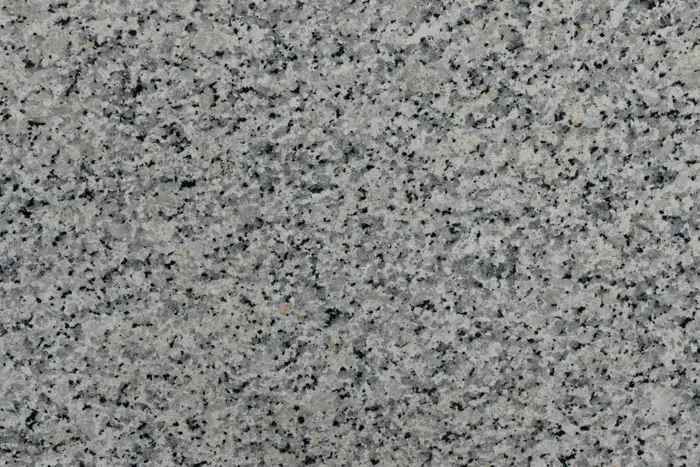
Photo by Gareth David on Unsplash
Pros and Cons of Quartz Countertops
Quartz countertops have gained popularity in recent years due to their durability and low-maintenance properties. Let’s take a closer look at the pros and cons:
Pros:
Quartz countertops are engineered using a combination of natural quartz stone and resins, making them highly resistant to scratches, stains, and heat. These countertops come in a wide range of colors, patterns, and finishes, allowing you to find the perfect match for your design preferences. Unlike natural stones, quartz does not require sealing. It is non-porous, making it resistant to stains and bacterial growth. Cleaning is as simple as wiping them down with mild soap and water.
Cons:
While quartz is generally heat-resistant, extreme temperature changes can cause damage. It is recommended to use trivets or hot pads when placing hot cookware on the surface. Quartz countertops can be more expensive compared to other materials, especially if you opt for high-end brands or complex designs. If exposed to direct sunlight for extended periods, quartz countertops can fade or discolor over time. It is important to consider this if your kitchen receives a lot of natural light.
In conclusion, quartz countertops offer a durable and low-maintenance option with a wide range of design possibilities. While they can be more expensive, their long-term benefits make them a popular choice among homeowners.
Pros and Cons of Marble Countertops
Marble countertops are known for their timeless beauty and elegance. However, they also come with their own set of pros and cons. Let’s explore them:
Pros:
Marble countertops have a classic and luxurious appearance that can instantly elevate the look of any kitchen or bathroom. The natural veining and patterns add a unique and elegant touch. It is a naturally cool material, making it ideal for baking and pastry preparation. It can withstand high temperatures without damage. Like granite, marble offers a wide range of colors and patterns to choose from, allowing you to find the perfect match for your design vision.
Cons:
Marble is a porous material, making it susceptible to stains and etching from acidic substances such as lemon juice or vinegar. Regular sealing is necessary to protect the surface. It also requires regular maintenance to keep its luster and prevent damage. It is important to avoid abrasive cleaners and use gentle cleaning agents specifically designed for marble. While marble is a beautiful material, it is softer and more prone to scratches compared to granite or quartz. It may develop a patina over time, adding character but also requiring careful handling.
In the end, marble countertops offer a stunning and timeless option for those seeking elegance and sophistication. However, they require regular maintenance and care to preserve their beauty and durability.
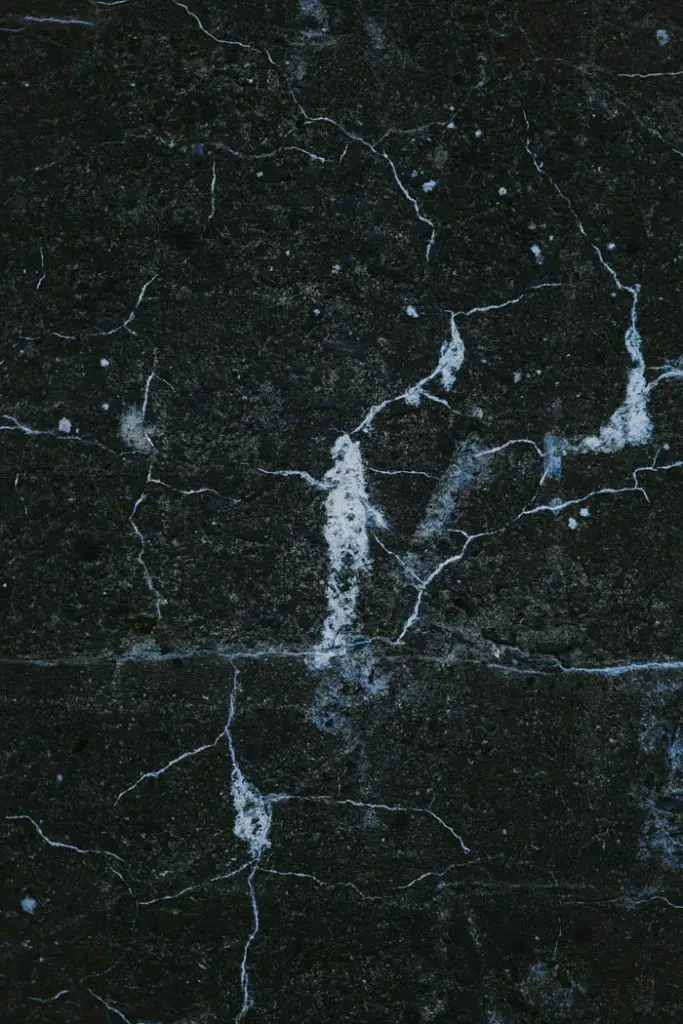
Photo by Annie Spratt on Unsplash
Pros and Cons of Laminate Countertops
Laminate countertops have been a popular choice for budget-conscious homeowners due to their affordability and versatility. Let’s discuss the pros and cons:
Pros:
Laminate countertops are one of the most budget-friendly options available. They offer a cost-effective solution for those looking to update their kitchen or bathroom without breaking the bank. They can come in a vast array of colors, patterns, and textures, allowing you to achieve the desired look for your space. From natural stone replicas to modern patterns, the options are virtually endless. They are also relatively low maintenance and easy to clean. They are resistant to stains and do not require sealing or special cleaning agents.
Cons:
While laminate countertops are durable and can withstand everyday use, they are more prone to scratches, burns, and chipping compared to other materials. Avoid using knives directly on the surface and use cutting boards to prevent damage. Laminate can be damaged by excessive heat. Placing hot pots or pans directly on the surface can cause burns or discoloration, so it’s important to use trivets or hot pads. Laminate is not completely waterproof, and prolonged exposure to water can cause the material to swell or delaminate. Be cautious around sinks and install proper sealing such as silicone caulk (<–affiliate link!) to prevent water damage.
Additionally, laminate countertops offer an affordable and versatile option for those on a budget. While they may not be waterproof or can be damaged easily with heat, they are the most budget-friendly option.
Pros and Cons of DIY Countertops
If your budget is really tight and you’re the handy type, DIY countertops may be the perfect fit however there are a few things to consider before diving into this project.
Pros:
DIY countertops are less expensive and give you the opportunity to create custom countertops to fit your style. They can be built using a plywood base with laminate, concrete or other substrates such as tile applied to the top. Another option would be to use a countertop coating on an existing old countertop.
Cons:
While DIY countertops may seem like the ultimate budget-friendly solution, the project may take more time to do it yourself as opposed to having pre-made countertops installed. All DIY projects are a process, and allowances need to be made for drying time, set up, etc.
Overall, DIY countertops are the best way to get custom sizes and a material that suits your style without breaking the bank and going over budget.
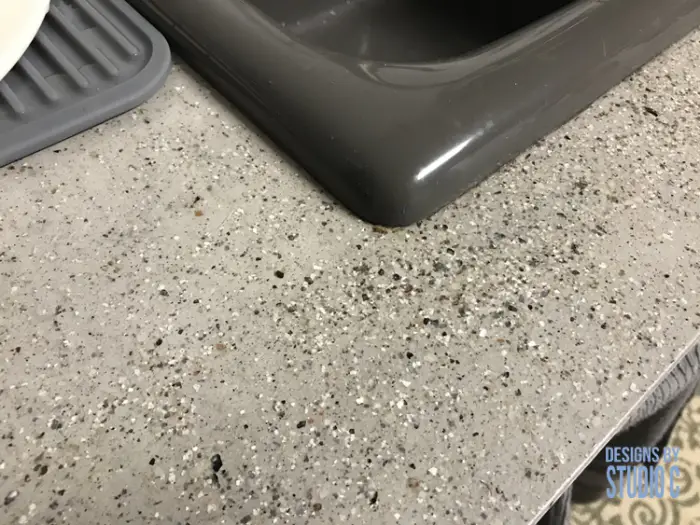
No matter which material you opt for your countertops, it’s crucial to consider the project’s scope, duration, and desired outcome. Are you looking for a timeless and classic look that will attract potential buyers if you decide to sell in the future? Or do you prefer a style that aligns with your taste and can be easily replaced when necessary? These are some additional aspects to think about when selecting countertops for your home.
Featured Photo by roam in color on Unsplash

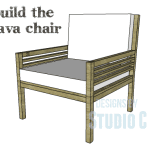
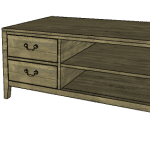
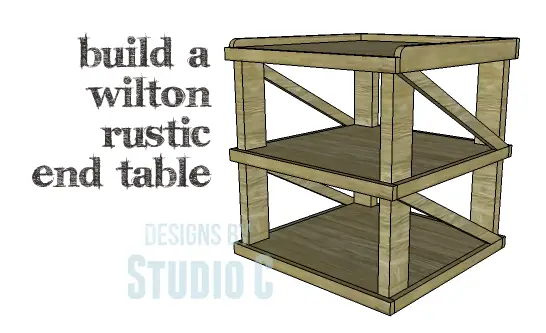
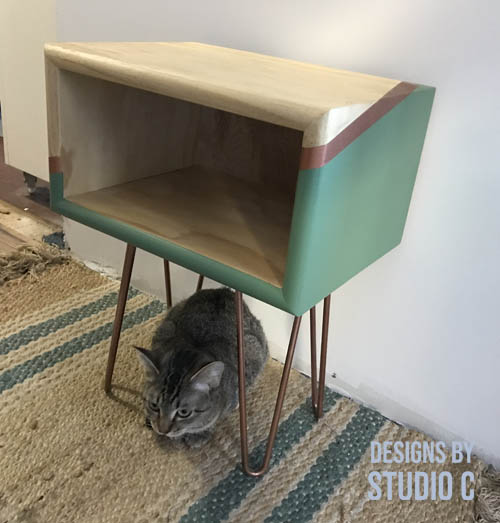
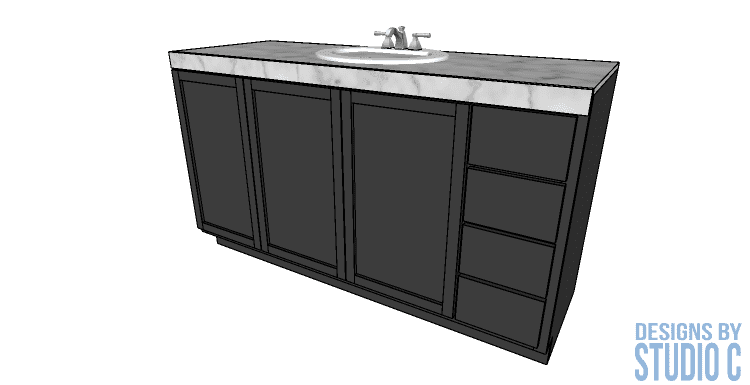
Comments are closed.